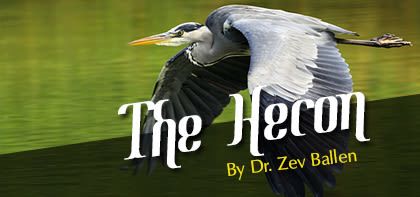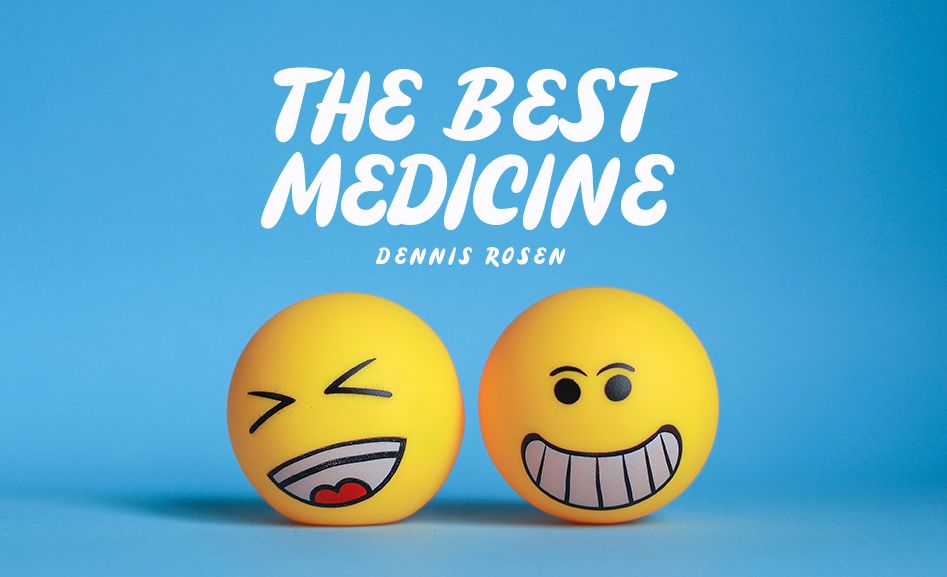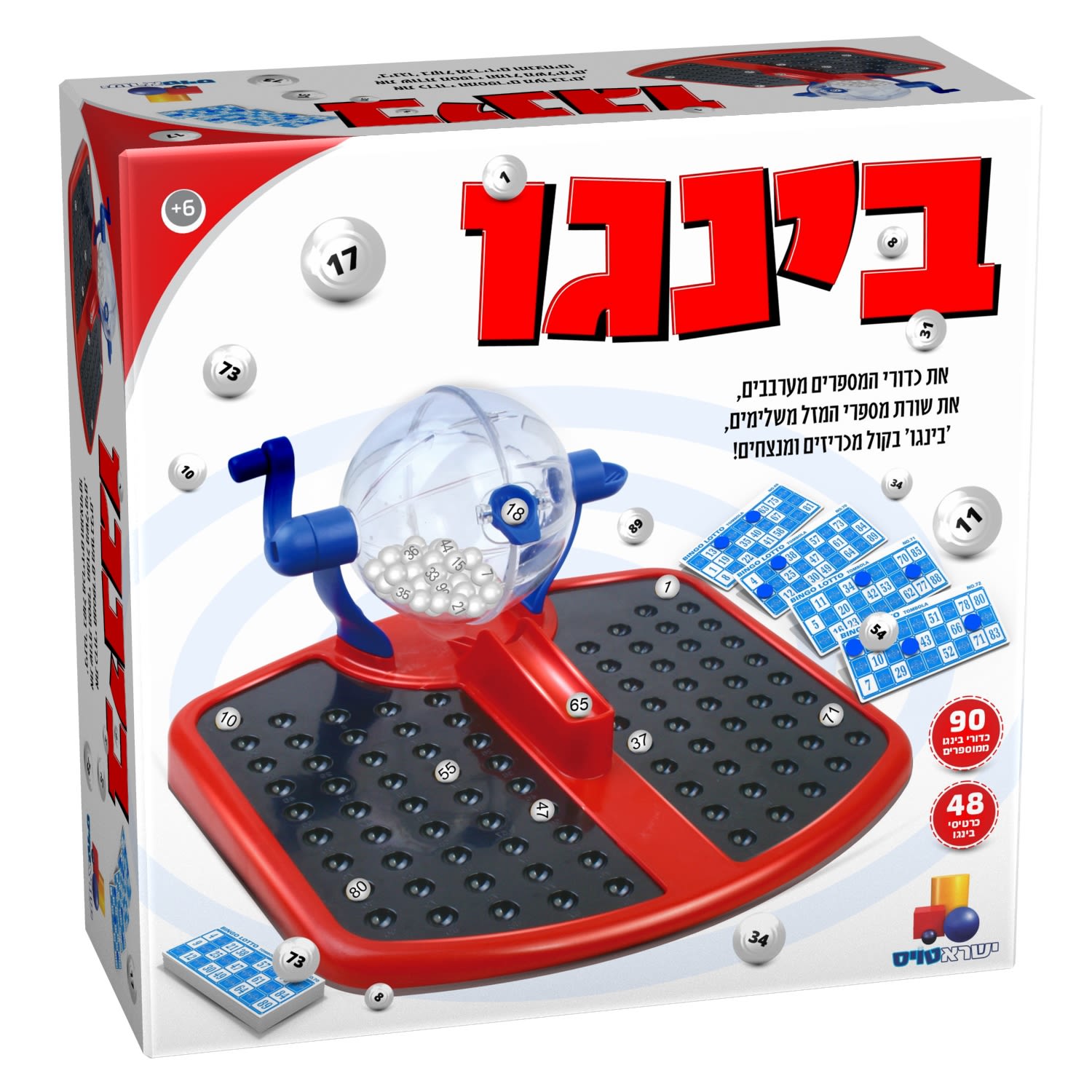
The Heron
The ability to balance on one foot reveals amazing things about a person, including the health of his brain and the quality of their body-soul connection...

There is a “new” 20 second test that is being used to assess a person’s brain health.
Believe it or not it’s simply the ability to balance on one leg for 20 seconds.
In a recent study, brain imaging from an MRI scan revealed that people who had trouble balancing on one leg for longer than 20 seconds were more likely to have micro-bleeds in their brain or areas of damage in their brain that put them at an increased risk for cognitive decline including problems with memory, language, attention and thinking.
The balancing test also predicted people’s thinking skills: the longer they could balance on one leg the better their cognitive function (thinking ability). The longest that anyone in the study was able to stand on one leg was for 60 seconds.
So what caught my attention about his? Okay. I’ll admit it. For the last six months, in the privacy of my home and office I’ve been standing on one leg like a flamingo.
It all started back in June when I was on a speaking tour with Rabbi Lazer Brody. Being that we were roommates, I couldn’t help notice that when the Rav gets out of bed in the morning he spends a little time standing on one leg. My psychotherapist curiosity got the best of me so I asked him what he was doing. He said that he was working on his balance. He said that postural balance is not only essential for good  health, but that it could elevate a person spiritually as well.
health, but that it could elevate a person spiritually as well.
You might say I was intrigued about how standing like a flamingo could help me serve G-d and earn my heavenly reward. If this hadn’t come from a respected Rav who, by the way, is also a certified fitness trainer (a little known secret), I don’t think I would have given it another thought. Yet day after day I woke up to Rabbi Brody standing on one leg.
“Is there a name for what you’re doing?” I asked him.
“Sure,” he said. “It’s called the Heron.” He told me the ancient Chinese developed martial art maneuvers, in part, based on their observations of the balanced flexibility of the Heron bird.
My initial attempts to balance myself on one leg were tentative at best. I wasn’t planning to kick anybody in the near future – but it was surprisingly calming centering, and energizing. Another unexpected bonus of standing on one leg is that my jump shot accuracy has improved, even at my age – go figure!
All of this notwithstanding, it wasn’t until I saw the large-scale study on postural balance published in the American Heart Association’s journalStroke, (Tabara et al., 2014) that I realized it was time to re-connect with Rav Brody and get a better explanation of what being in balance really means from a spiritual perspective.
ZB: Rabbi Brody, can you please tell us how you use balance training to help people with their emuna?
Rav Brody: Balance is one of the best ways to assess a person’s overall fitness because it’s the indication of the connection between the mind and the body as well as the soul and the body.
ZB: What’s the relationship between balance and the health of the soul?
Rav Brody: The simple answer is that balance is made possible through the inner ear which is the passageway between the physical body and the soul. Hearing like speech is a less tangible physical aspect of the body. It is more spiritual than other functions of the body, for example lifting an object with your hand. It’s known from the Zohar (an ancient mystical text) that speech is in the category of ruach (an aspect of soul). Since the process of hearing is similar to speech, we can get a picture of what’s going on with a person’s soul from how balanced he is.
ZB: Is this why some young people whose brain scans may show no areas of damage or bleeding still have trouble balancing themselves?
Rav Brody: Yes. In these cases it’s even more obvious that the person is suffering from an emotional or spiritual ailment. If a nineteen year old, can’t stand on one leg for 20 seconds he is either filled with worries and inner-conflicts or he is feeling very cut off from Hashem.
ZB: This is what Rebbe Nachman meant when he said that the main reason why people are so far from G-d is because of a lack of mental composure.
Rav Brody: Exactly. People who are worried and lack emuna are functioning on the level of the animal soul. The “animal” part of a person doesn’t know that he has a higher soul and that he has a G-d who he can turn to. His body panics and he loses his balance. But by learning to stay in balance he can regain his physical, emotional and spiritual equilibrium. A gymnast performing on the balance beam or a tight-rope walker has a high level of mental composure and fantastic potential for emuna.
ZB: What can be done for an older person who may already have some of the minimal brain damage that’s mentioned in the study?
Rav Brody: We can strengthen a person’s emuna in conjunction with coaching him to have better balance and overall fitness. With emuna, we do what we can and leave the rest to G-d. Even the elderly will have improved brain function and quality of life from learning this.
ZB: Can you teach an elderly person to stand on one leg?
Rav Brody: Yes you can, but slowly. First, you hold his hands and gradually you show him that he can do it himself.
ZB: All this talk about balance reminds me of what the Rabbi Israel Baal Shem Tov said after his prayers: “Master of the Universe, whether you answer ‘yes’ or ‘no’ to my prayers, it’s all the same to me. It’s all even in my eyes.”
Thank you, Rabbi Brody, for this illuminating interview about the mind, body, spirit connection. I hope we can do it again soon.
Rav Brody: Sure, Reb Zev. It would be a pleasure.










Tell us what you think!
Thank you for your comment!
It will be published after approval by the Editor.